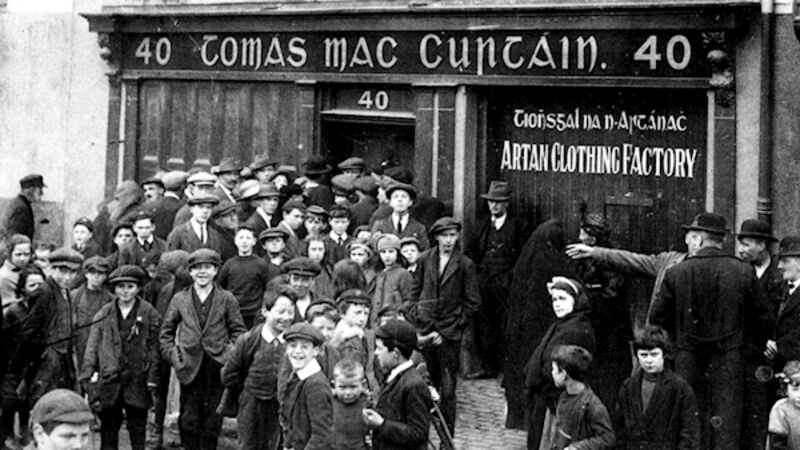Micheal Clifford: Twitter warriors shoot themselves in foot

Dan Clifford and a comrade were hiding out in a house in the Gurrane mountains outside Cahirciveen. The troops surrounded the house and ordered the pair to surrender. They emerged from the house with their hands raised. A short time later they were summarily shot dead.
The killing of the two men was an atrocity, a war crime. It was perpetrated not by the crown forces or any of the crown’s agents in Ireland, but instead by the National Army.














